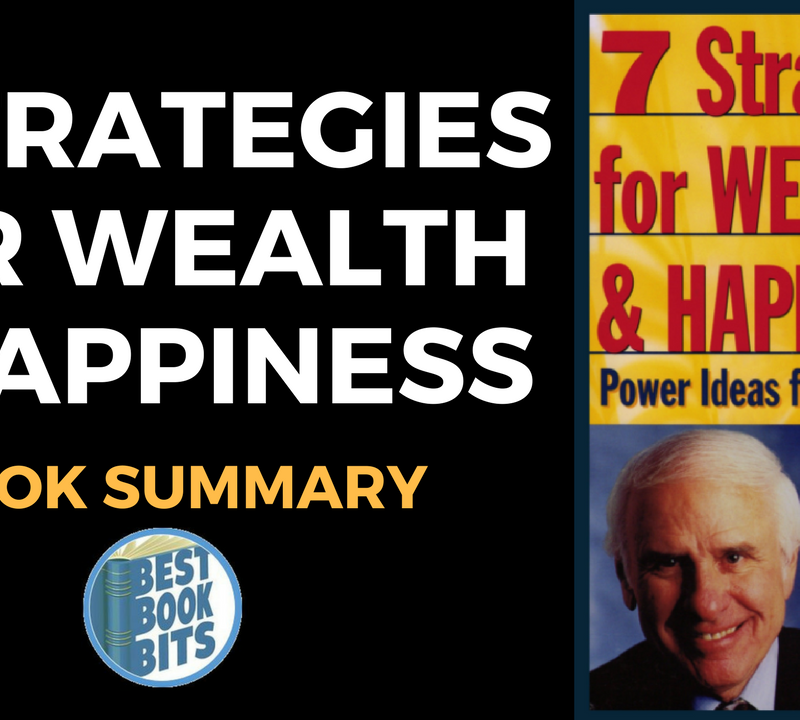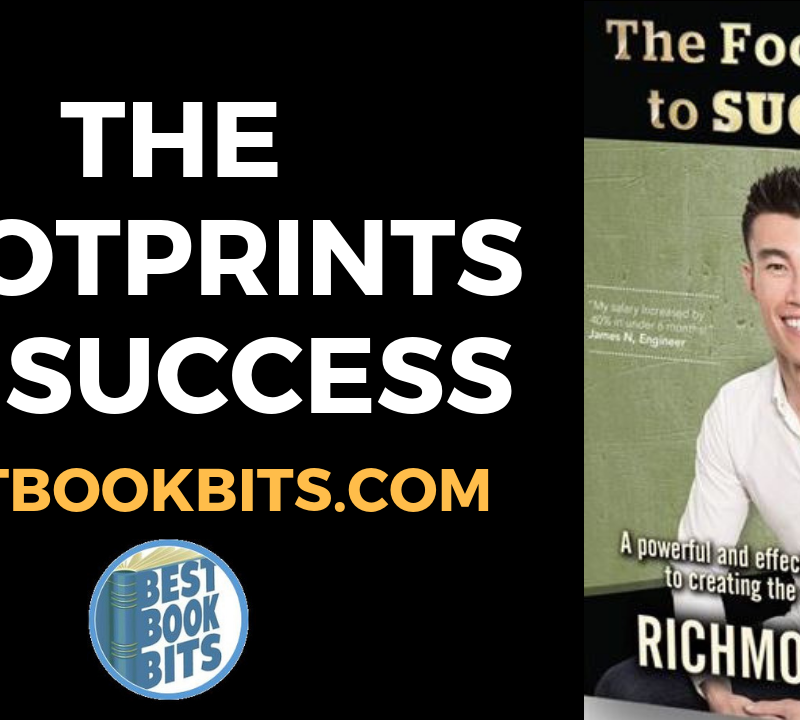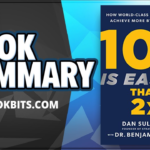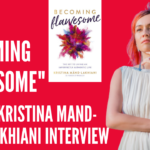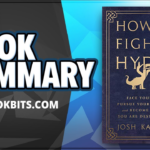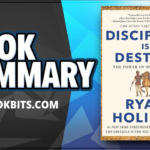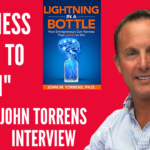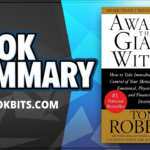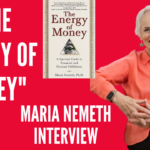★DOWNLOAD THIS FREE PDF SUMMARY HERE
? MY FREE BOOK TO LIVING YOUR DREAM LIFE”
? SPONSOR BESTBOOKBITS BY USING PATREON
? SUPPORT BESTBOOKBITS BY CLICKING THE LINKS BELOW
- 150 PDF Summaries
- Coaching Program
- Subscribe to My Channel
- Website
- Spotify
- Book Club
- Mailing List
The Book in Three Sentences
- Reinvention occurs every day.
- Reinvention is the key to ensuring that the outcomes in your life are positive.
- Change is the only constant.
The Five Big Ideas
- The greatest artists and the best business people reinvent themselves every few years.
- You, too, need to reinvent yourself every five years by learning new skills, practicing new efforts and trying on new careers for size.
- Every day, ask yourself, “Who did I help today?”
- If something isn’t working in your life it’s because you haven’t used enough determination or been fearless enough or been willing to do whatever it takes to make it happen.
- We were put on Earth to try. No one is grading us.
Reinvent Yourself Summary
- On Choosing Yourself: “I always say it first has to come from within: physical, emotional, mental, and spiritual health. I.e., write down 10 ideas a day. Be around good people. Be grateful, etc.”
- “The IRS says the average multi-millionaire has seven different sources of income.”
- You need to reinvent yourself every five years by learning new skills, practicing new efforts and trying on new careers for size.
Reinvention is:
- Defining freedom in different ways.This includes reducing expectations, increasing sources of income so no one source controls you, etc.
- Improving relationships.This includes having a plus, minus and an equal
- Finding mentors to teach you.Find friends who build you up and challenge you
- “You’re the average of the five habits you do, the things you eat, the ideas you have, the content you consume, etc.”
- “Reinvention is life. This is the call to adventure that constantly whispers to us. Do we answer it? Do we take the call?”
- “Learning never stops. Many people die at 25 but are not put in the coffin until 75. The learning stopped for them early.”
- “The entire purpose of language is to influence. We are not strong animals. We are weak. The language of influence saved us.”
- “Speak to breathe spirit into an idea, to be enthusiastic, to convey emotion, to influence. This is the only way to have impact with your unique creativity.”
What James learned from former lead FBI hostage negotiator Chris Voss
- “You always want to get more information in a negotiation with as little commitment as possible on your side.”
- “Ask ‘open-ended questions’ starting with ‘how’ or ‘what.’ Ask a lot of them. Be prepared in advance with your ‘how’ questions.”
- Get the other side to say no first. To do that, ask them a question like, “Do you want this project to fail?” or “Is this situation not going to work out for either side?” They don’t want to fail, so they will say no. Now you can start to find common ground.
- “You can start to get empathy with the other side by listing the negatives on your side. Then they start to agree with you.”
- “Nobody wants to feel powerless. If the negotiation is not going your way you can say to [the other side], ‘Sounds like there’s nothing you can do.’”
- “If someone says, ‘This car is $36,000,’ then come back with something like, ‘Listen, I know it’s very difficult to go below $36,000. I know you are doing the best you can here. But the most I can afford is $32,157.’”
- Whatever the other side says, repeat the last one to three words. Do this as much as possible.
- “Don’t be afraid to go silent. Mirror and then have the confidence to go silent.”
- Your goal is to get the other side talking as much as possible. The more information you have, the better. And the more likely they will negotiate against themselves.
- If the other side add a deadline, don’t feel obligated to meet it. The negotiation won’t end. They still need you.
- “Ask at the end of the day, ‘Who did I help today?’ instead of wondering about life after death. That gives you a better life. Nothing will give you a better death.”
- “People don’t remember what they don’t like.”—Mac Lethal
- You choose yourself every day, once choice at a time. You choose yourself with all of your fears and hopes mixed together and nobody knows what’s going to happen. But if you do it with a sense of mission, a belief in your vision, what happens may not be what you expect. When you choose yourself, you will never say, ‘I wonder what would have happened.”
- Wayne Dyer says that if something isn’t working in his life, he always tells himself, “It must be because I haven’t used enough determination or I haven’t been fearless enough or I haven’t been willing to do whatever it takes to make it happen.”
- “Improving (or not improving) 1% a day is not even noticeable. That’s why it’s so easy for people to say, ‘Nothing is happening,’ and inadvertently cost their lives 1% a day. Focus on that 1% improvement and everything changes.”
- Wayne Dyer asked himself, “What’s the difference between good and God?” The answer is “O.” Not just ‘oh’ but ‘zero.’ So whatever makes you feel good, whatever energizes you and lights you up inside, that’s God. He’s telling you that that’s what you are meant to be doing.
- “All day long I look for situations where I can save a life. And I do it. Every day, I save at least one life.”
- “You can save a life today. Don’t let the sun set without doing that.”
- “Integrity, humility, and doing your best are by far the most important considerations when evaluating whether to work for someone.”
- “Any endeavor I do, I always ask two questions: “‘What is my plan B?’ and ‘What is my evil plan?’”
- “I try as an exercise to figure out at least one thing a day to do that is outside my comfort zone.”
- “It’s never too late to do what you love. What you love is always on the shore, waiting for you to arrive, waiting with open arms.”
- James’ theory on careers is that it takes one to three years to do the studying required. About two years before you are making any money at the new career. Three to four years before you are making a living from it and five to six years before you are killing it. But it requires persistence each day.
- Sergey Brin used to interview every potential Google employee. He explained later that he knew within seconds whether he would hire someone and would then spend the rest of the meeting trying to learn at least one new thing from the interviewee so the meeting wouldn’t be a total waste of time.
- “‘To care greatly for creation’ is the essence of choosing yourself instead of letting anyone else do it for you.”
- “When people associate the worth of their lives with any one activity, it’s deadly.”
- “I always have to tell myself to diversify my celebrations. Celebrate the small. Not always the big.”
- “We were put here to try. Nobody will grade us.”
- “If I spend my life aiming for that 1% improvement every day then I may never be the best in the world at anything. But I know I will be the best ‘me’ at everything.”
- “Every day I wake up and look out the window and say to whatever it is outside of myself, ‘Help me save a life today.’”
- “Ask this every morning about your friends, your lovers, your employees: how can I help them just a little bit more, with the simple resources I have?”
- “Always be looking for new opportunities to improve incrementally.”
- In chess there’s a saying: “Only the good players are lucky.”
- “You never know what someone is worth until they declare bankruptcy.”
- “What does your ‘good enough’ day look like? What’s one thing that moves you past that?”
- “Whenever I’ve managed companies and have had the small opportunity to be a leader, I’ve judged my success on only one thing: Does the employee at night go home and call his or her parents and say, ‘Guess what I did today?!’”
- “Never let the practical get in the way of the possible.”
- “If you ask every day, ‘How did I help people today?’ then you will have more traffic and money than you could have imagined.”
- “Escaping the labels and titles and hopes that everyone else has for us is one of the first steps in choosing ourselves for the success we are meant to have.”
- “When you are at the crossroads, and your heart loves one path and doesn’t love the other, forget about which path has the money and the work, and take the path you love.”
- “You have to constantly come up with new metrics to measure yourself, to compete against yourself, to reach beyond your last plateau.”
- “Learning to find happiness with less is true wealth.”
- “We all suffer. But we must all transform that suffering into the art and energy that drives us to change.”
- “It will always be better when you explore the rest of the iceberg you are just sitting on the top of.”
- “Success doesn’t mean money if it causes misery.”
- On Ericsson’s theory of deliberate practice: “It’s not about 10,000 hours. It’s about 10,000 hours where you practice with intent.”
★DOWNLOAD THIS FREE PDF SUMMARY HERE
? MY FREE BOOK TO LIVING YOUR DREAM LIFE”
? SPONSOR BESTBOOKBITS BY USING PATREON
? SUPPORT BESTBOOKBITS BY CLICKING THE LINKS BELOW

